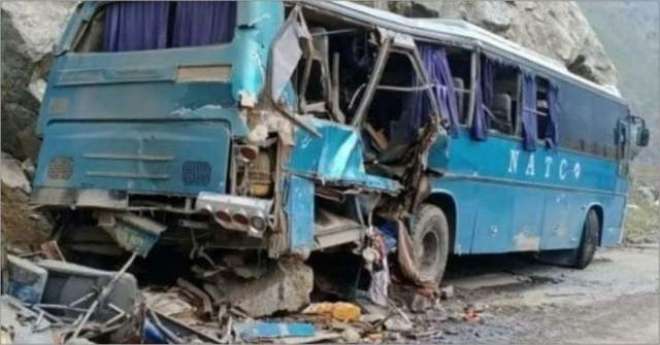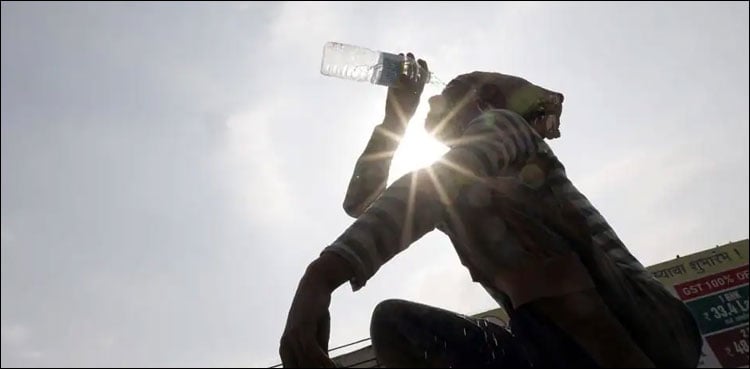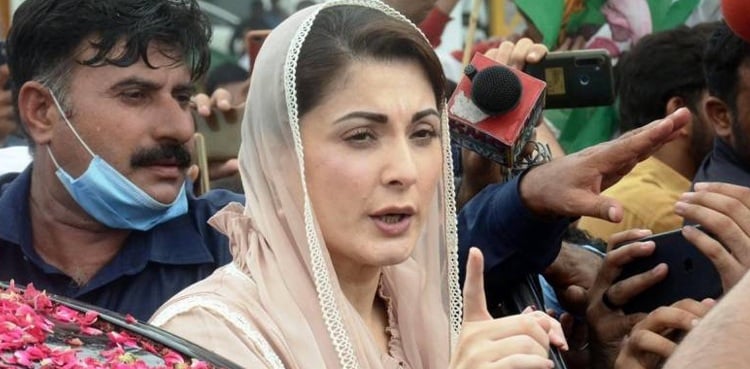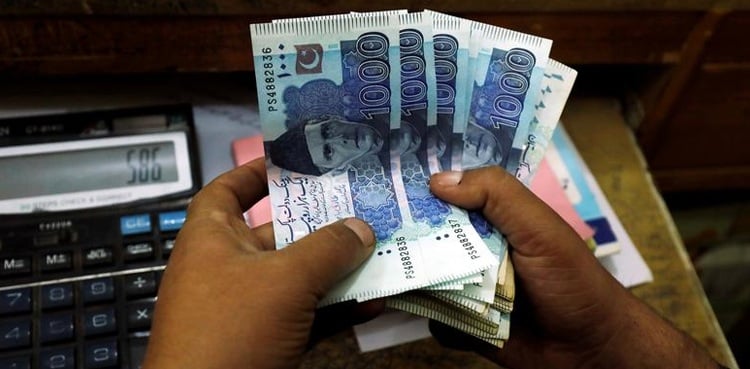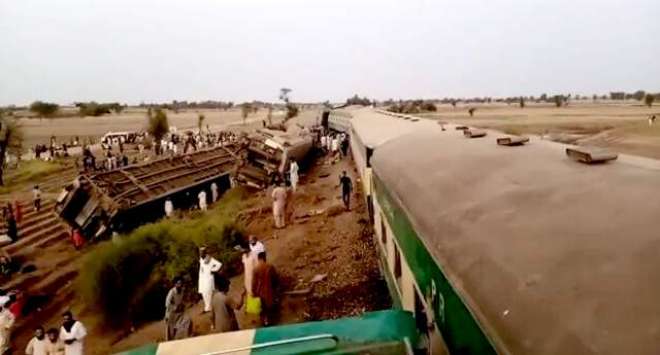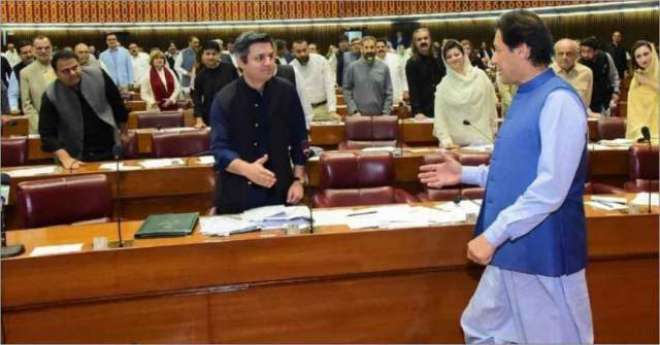Six or seven col at bottom
- November 3, 2015, 7:09 pm
- Breaking News
- 58 Views
HQ
The misconceptions and a surprising lack of knowledge on part of general public and civil society regarding “Plea Bargain†and its implications as envisaged in section 25-b of National Accountability Ordinance 1999 gave me no choice but to write this article to clear the misapprehensions about plea bargaining and “Voluntary Return†and its implications in corruption cases.
The creation of the NAB is the holistic and comprehensive effort to bring corruption under control in a country that has experienced with several anti-corruption laws, Polices & agencies, since its creation. The National Accountability Ordinance 1999 was therefore designed to circumvent various forms of corruption and the weaknesses of earlier anti-corruption laws. The NAB Ordinance, therefore, was devised to circumvent many forms of corruption and the weaknesses of earlier laws. It innovatively introduced the effective concepts of plea Bargaining and ‘Willful Default’. The said Ordinance including Sec 25-b dealing with PB has been amended and validated by the Apex Court in famous Asfandyar Wali Khan v/s State case.
The subversive factual discrepancies of the said published article can be countervailed through quoting particular sections ofNAB Ordinance, but fearing a lack of understanding not only amongst laymen but educated class, prevents me from doing so.
The assertions in para 2 of said article are totally incorrect and based on misunderstanding and lack of knowledge of the author regarding this important legal tool for recovery of looted money and conviction of accused. It is strongly emphasized that the liability of an accused, once determined by NAB based on facts and available evidence stands final and under no circumstance anything like 80% as claimed in the said article or any amount lesser than the liability calculated is received from an accused who Opts for plea bargain u/s 25-b of NAO, 1999. Infact the ‘magical’ number of 80% return does not even exist.
Moreover, final approval of Plea Bargains accorded by Accountability Courts after affording an opportunity to accused before approving the amount and punishing the accused.
Further the author’s poor information regarding Shariah and Fiqah and questioning PB in light of Islam can only be challenged by requesting the author and others to need explore about ‘Diyatt’ a beautiful depiction of PB in our very own religion.
The concept exists in many other countries of the World, better known being United States of America, New Zealand, Brazil, Nigeria, India, however, in Pakistan it is not fully understood and is viewed with suspicion. Incarceration of the corrupt is the preferred option of the people
PB can be initiated under section 25 (b) along with section 15 of the NAB Ordinance through an application made to the Chairman, NAB, whereby an accused ,representing his interests, agrees to return illegal assets acquired by him through corrupt practices, or agrees to make good loss caused deceitfully and fraudulently to a bank or financial institution, co-operative society, government department, statuary body, or other authority controlled by the government.
Any public office holder or other person who enters into a Plea bargain is deemed to have been convicted under the NAB Ordinance. He, therefore, ceases to hold office and is disqualified for appointment to any public office for a period of 10 years. In addition, he is not eligible for any credit facility from public sector banks. Since one of the objectives of the NAB Ordinance is to recover looted wealth, Plea bargaining goes a long way in achieving this goal. The total recoveries made under this head only till today are some Rs.17.689 billion. This amount does not include the recoveries pertaining to voluntary return, loan default cases, Court settlement cases / court fines etc.
PB request is always initiated by the accused while amount of wealth looted is determined only on completion of investigations and if the accused agrees to pay the amount of ill-gotten wealth or loss caused to the public exchequer, as determined by NAB, the Chairman may accept such request of plea bargain.
An accused whose plea bargain is accepted is deemed to have been convicted and this carries all the ancillary restrictions of a convict except imprisonment.
In case of default the amount is recoverable as arrears of land revenue, however, as per latest practice the recoverable amount is guaranteed through valid bank guarantees. Plea bargain against public policy is not accepted.
The amusing allegation of ‘no timeline given’ for the return of settlement amount in 3 installations of 34%, 33% and 33% can be clarified that the said settlements have to be made within 6 months, a ‘time restriction’ by all means.
To address the issue of default or delay in payments of Plea Bargain, which did happen in few cases in the past, the incumbent Chairman, Qamar Zaman Ch. introduced the concept of Bank Guarantees to secure the balance amount and timely payment.
Nevertheless, in a time of overcrowded criminal dockets, plea bargaining is unquestionably an institution that merits continued careful study by criminal justice systems everywhere. Thus it is reiterated that this is high time that our legal minds, media and civil society, instead of relying on hearsay, should deliberate this very important legal provision and separate the facts from the myths as NAO and its provisions have never been went well with high and might corrupt mafia of the country.


